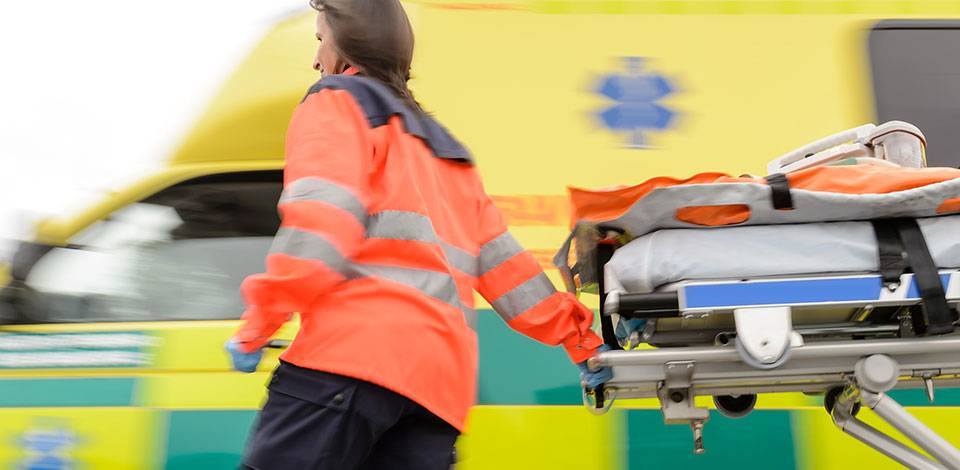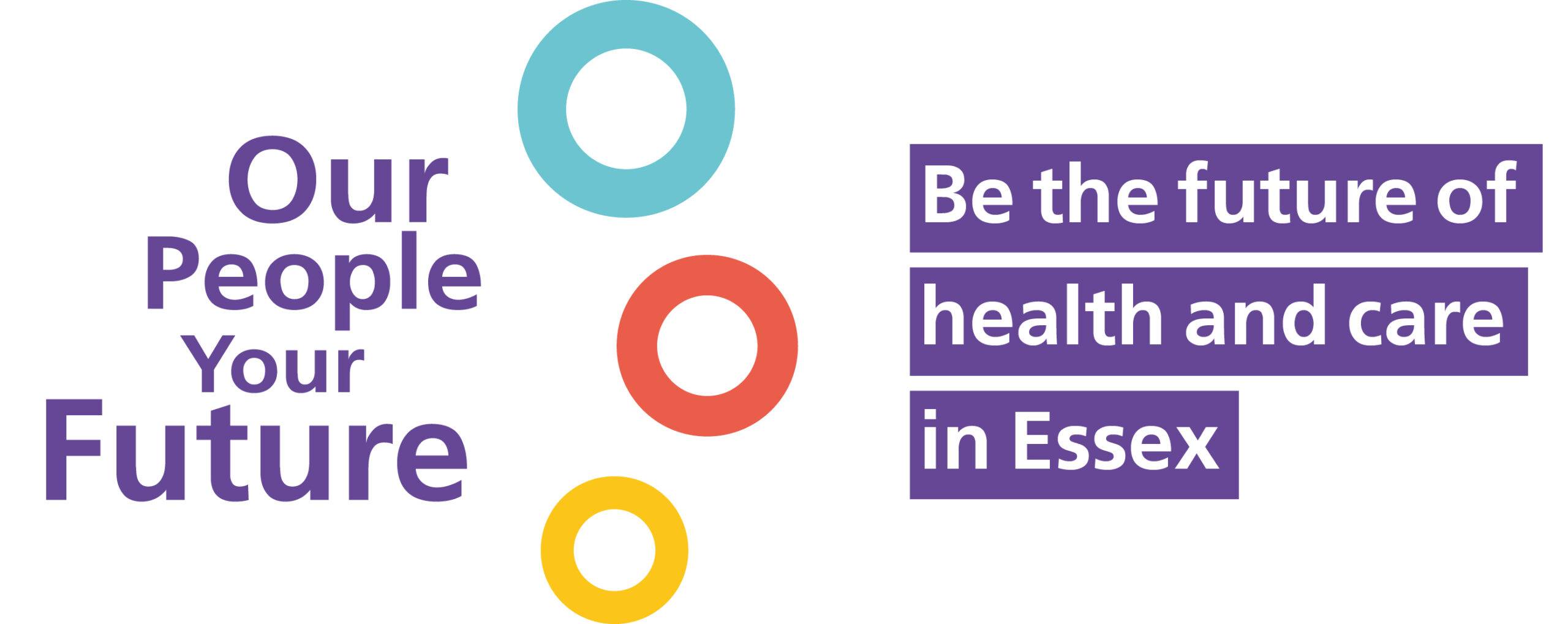
Ambulance Services
The ambulance service is an emergency response service. The ambulance has two main functions; responding to an emergency and a patient transport service. They do not just respond to 999 calls there are a number of roles in this service that provide support so that patients in an emergency receive the urgent care they need. This may not always be in a hospital setting and could be proving care at home or in the community.
Paramedics
A paramedic is a health care professional whose primary role is to provide advanced emergency medical care for critical and emergency patients who access the emergency medical system. They often work autonomously and are the first healthcare worker to arrive at the scene of an emergency.
Entry Requirements
The main route into becoming a Paramedic is by taking a science based degree. Healthcare degrees are a hands-on, dynamic way of learning that will give you experience like no other. You are likely to need 2-3 A Levels or equivalent qualifications.
Degree Apprenticeship
You can train through a degree apprenticeship. This involves a combination of academic study and practical, paid employment, and typically lasts around four years.
For other professions within the Ambulance Service there are no set entry requirements and organisations requirements may vary. For some roles where relevant most employers will expect a full driving license.
To visit our Apprenticeships page, please click here.
Patient Transport Service (PTS)
PTS have a key role in ensuring patients who are frail or vulnerable and have no other means of transport get to their outpatient appointments or day care centres safely and on time.
Emergency Care Assistant
An Emergency care assistant responds to emergency calls alongside a paramedic, supporting and helping them to provide patients with potentially life-saving care and, where needed, getting patients to hospital.
Emergency Medical Technician
As an Emergency Medical Technician, you may operate as a single responder to an incident or support a Paramedic on an ambulance. You’ll have many of the same skills as paramedics, such as being able to assess, triage and provide lifesaving treatment. You will work as part of the emergency and urgent care team. You will have direct contact with service users or others, providing high quality and compassionate care.
Call Handler
Call Handlers deal with emergency calls from the public and make sure that the right help reaches people as soon as possible.
Working quickly and calmly, call handlers take essential details about the patient’s condition and location, logging the information onto a computer system.
The information is then passed to an emergency medical dispatcher who uses a triage system to decide which staff and vehicles to dispatch, based on the severity of the situation and the resources available.
